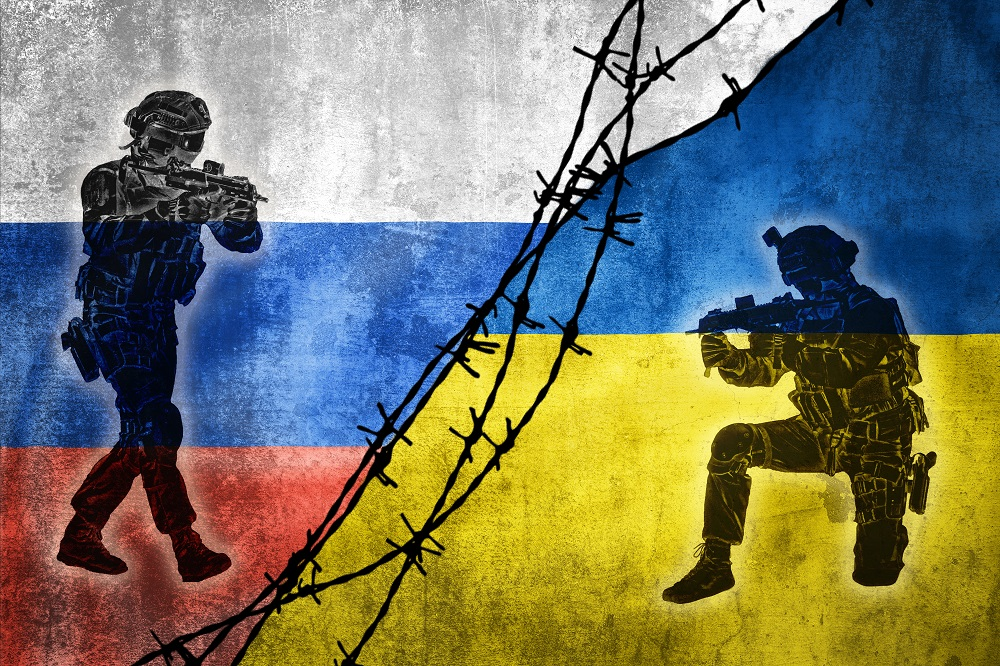 In the halls of Walsh Jesuit, the conflict between Russia and Ukraine is more than a meaningless headline. For some members of this community, the war holds personal connections which brings the conflict right to our doorstep.
In the halls of Walsh Jesuit, the conflict between Russia and Ukraine is more than a meaningless headline. For some members of this community, the war holds personal connections which brings the conflict right to our doorstep.
Since its beginning in 2014 with Russia’s illegal annexation of Crimea and the subsequent military interventions in Eastern Ukraine in February of 2022, this conflict has redrawn geopolitical lines. It has also resulted in a huge amount of human suffering with thousands of deaths and millions displaced. It stands as a testament to a humanitarian crisis that continues to unfold.
Among the voices at Walsh Jesuit, junior Stepan Teluk offers a personal perspective. “My relatives in Ukraine, they’re living through this war every day. My grandfather and many cousins live in Kiev, so this is not just faceless headlines in the news to me. And my godfather is a battalion commander fighting near Kharkiv. This war has a constant presence in our lives. We are filled with both worry and a sense of hope,” he shared. Stepan’s account brings the war’s realities into sharp focus, bridging the physical distance between the conflict and the school community.
Stepan also considers the future of this conflict, balancing hope with a realistic lens. “The war could reach a turning point soon, possibly due to Russia’s limitations in sustaining it. It’s a complicated situation, but there’s a little hope for change,” he suggested, embodying a feeling of cautious optimism that is shared by many who hope for the best and do whatever possible to prepare for the worst. He and his father support Ukraine from Ohio by sending what they can and sharing news about the situation to spotlight the atrocities being committed by the Russians.
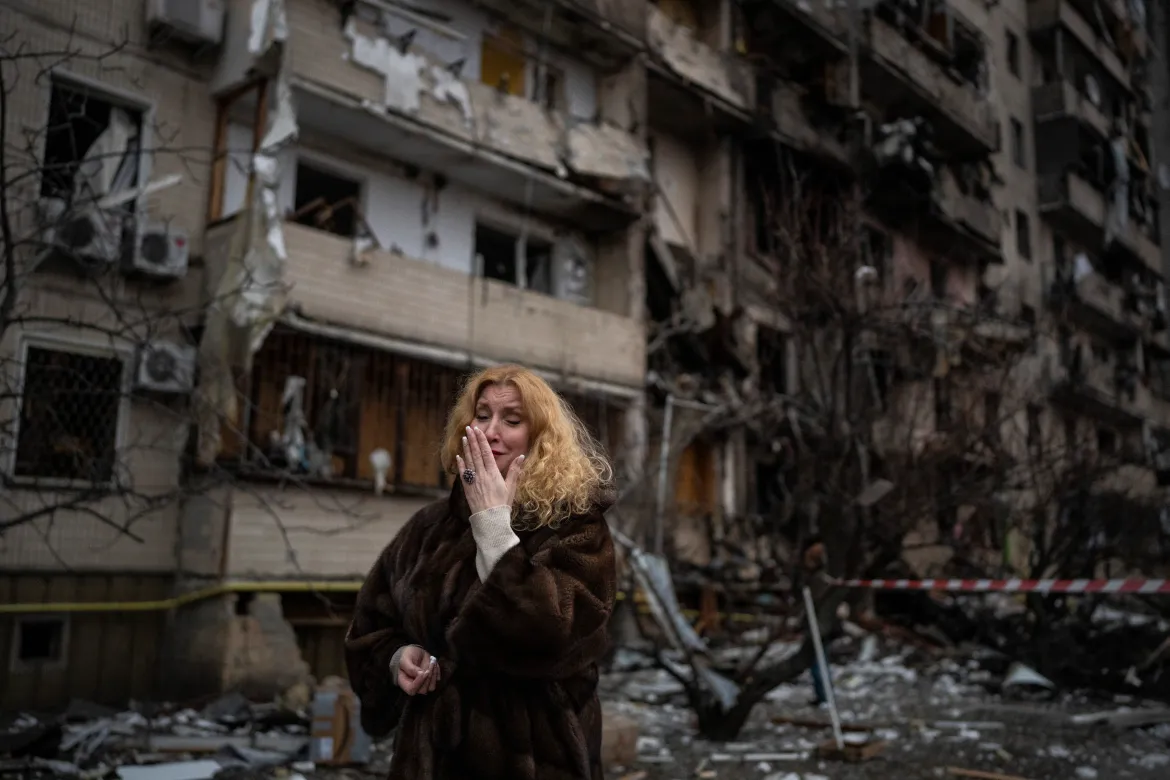
Dr. Marta Jakubowycz, the mother of senior Melanie Jakubowycz, offered a historical dimension to the understanding of the conflict. “This war is a continuation of the long-standing Russian suppression of Ukrainian identity, an issue that dates back centuries,” she explained. Her words highlight the deep historical foundations of the current crisis. Dr. Jakubowycz recalled parts of her family’s history to illustrate the war’s generational impact. “Our presence in the U.S. is a direct result of fleeing religious oppression in Ukraine. Many, including priests and a nun from my family, who couldn’t flee, were exiled to Siberia. This war, in many ways, is an extension of that historical struggle for cultural and religious freedom.”
Speaking to the brutal realities on the ground, she added, “What’s happening in Ukraine is a genocide. The only conceivable ends are either the complete obliteration of Ukraine or its resilience in pushing Russia back with decisive Western support. Ukraine has no choice but to fight.”
The war’s reverberations are felt even by students like junior Kody Kish, who, while not having direct ties to Ukraine, sees the broader impact through his friendship with Stepan Teluk. “Being friends with him, and hearing about his family, put a human face on the conflict for me. This conflict does impact us in some ways, even though it is so far away. This shows that events around the world can influence our perspectives no matter who we are,” he shared.
“Though I don’t have personal relationships with people in Ukraine, the war still sort of affects me. Events like this effect us and shape our understanding and ability to empathize,” Kish concluded.

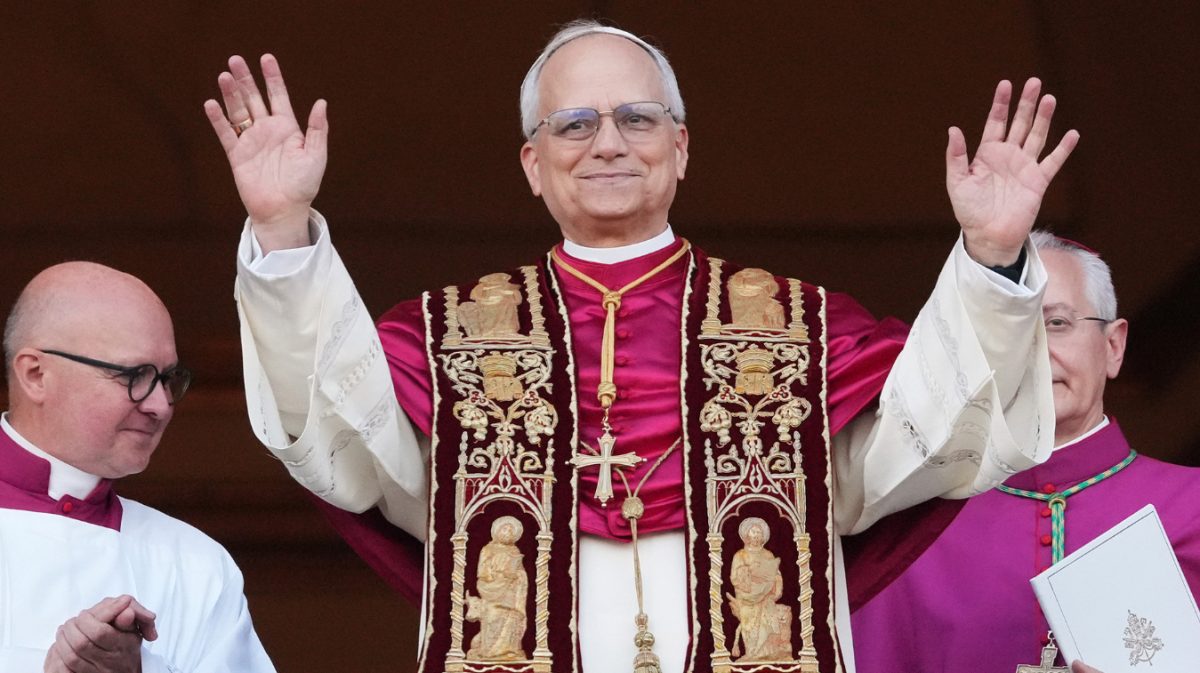
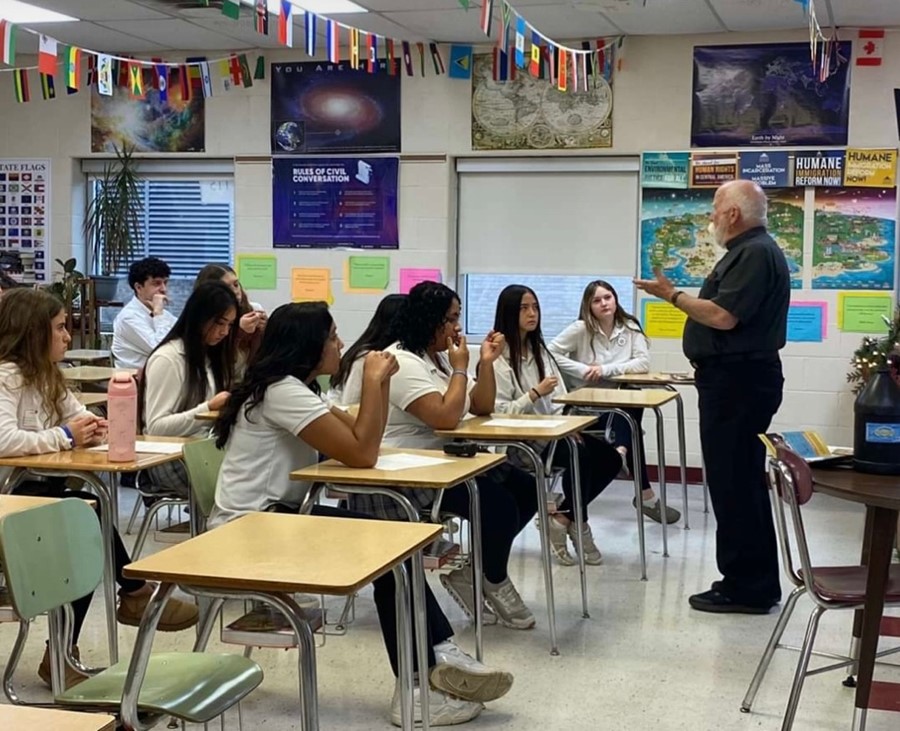
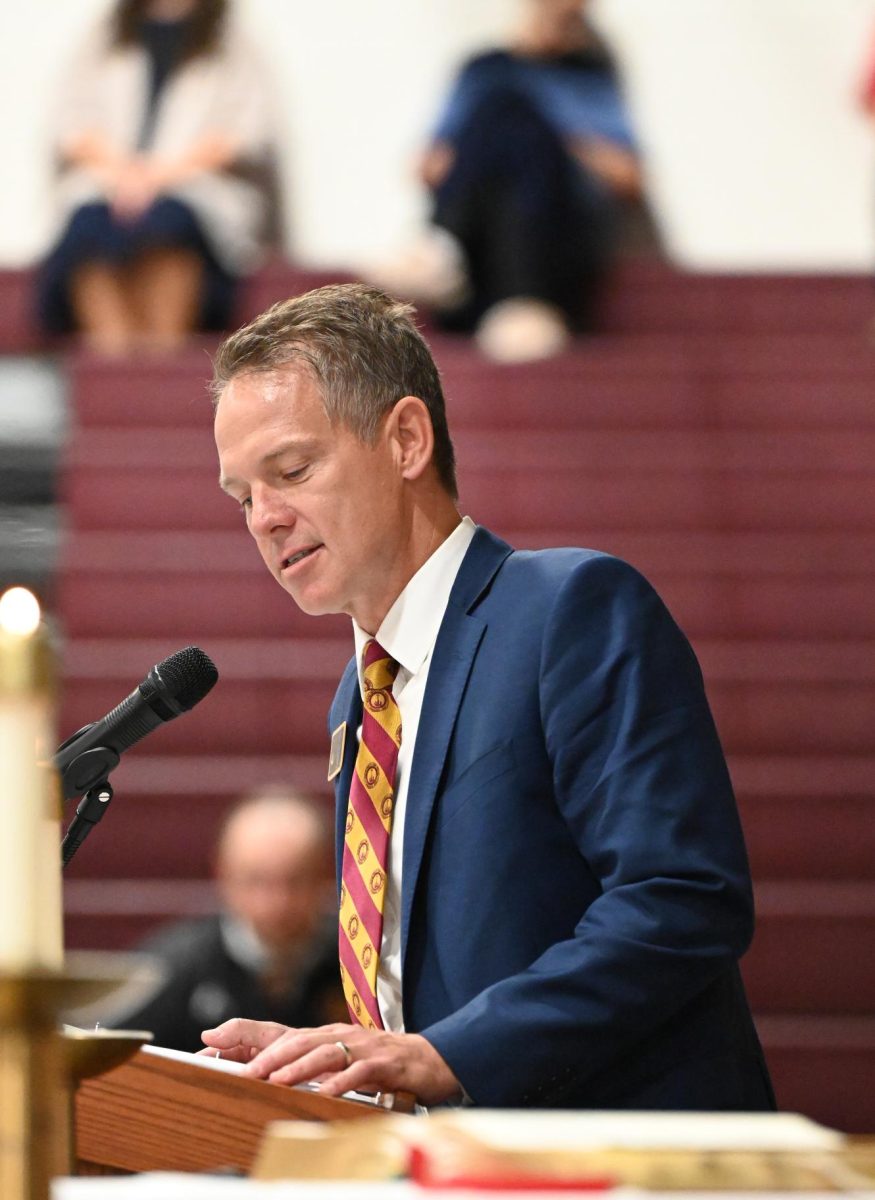
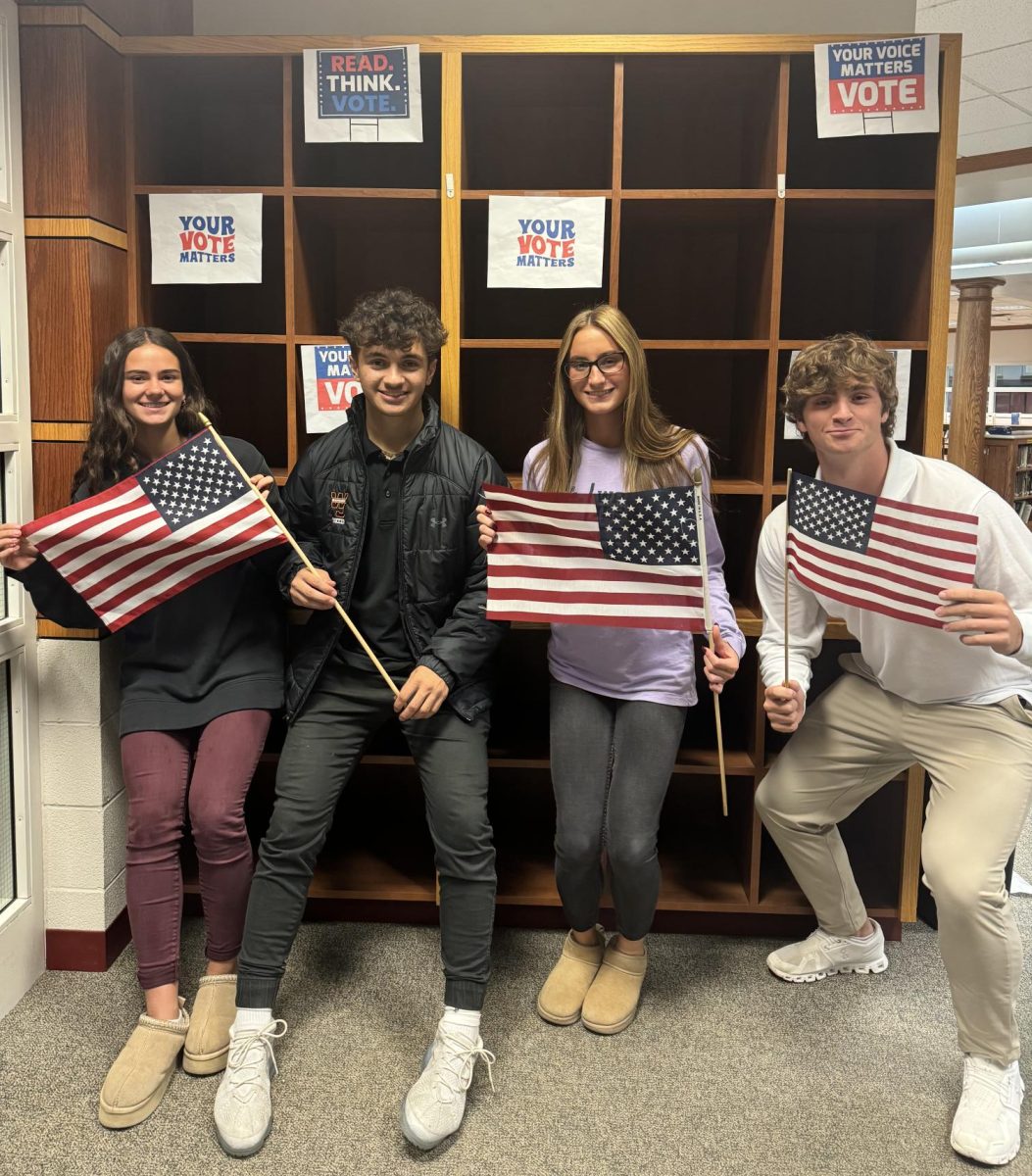
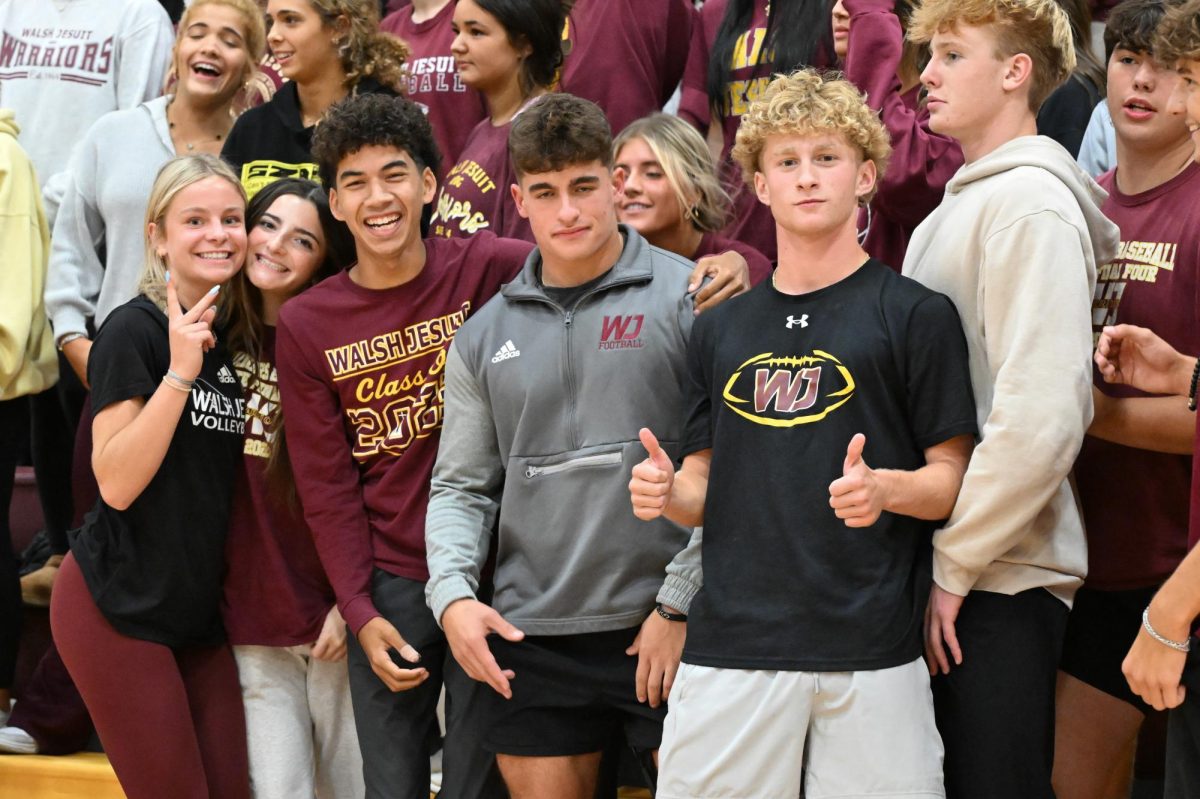

Nick Laterza • Mar 26, 2024 at 1:31 pm
I like the idea that Walsh considers other subjects and issues outside of Walsh.